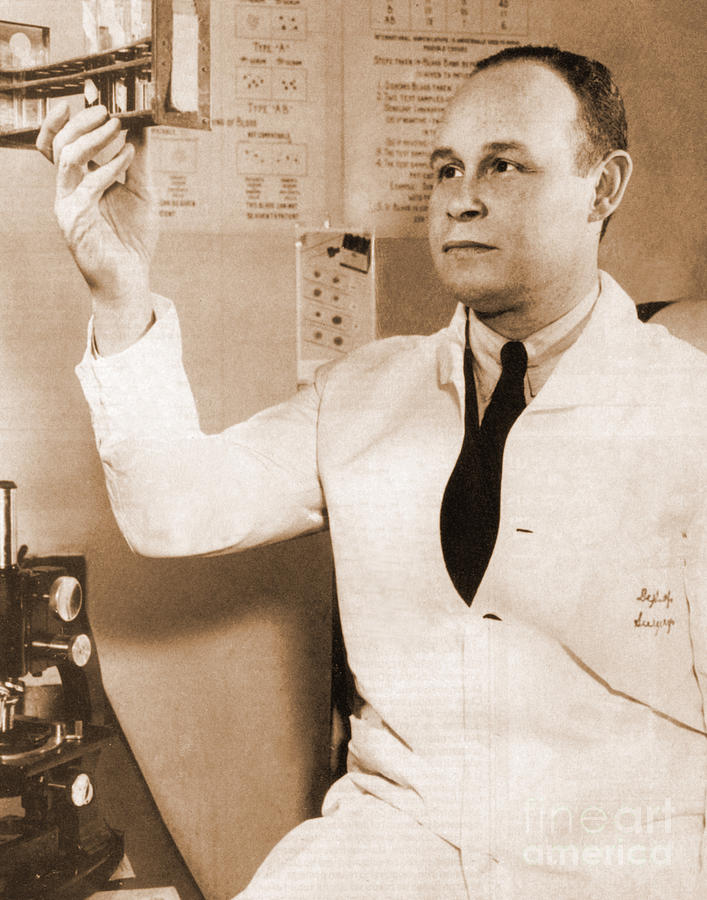
February is Black History Month, and LifeStream Cascade recognizes modern healthcare would not be where it is today without the contributions of African American medical professionals. Vivien Thomas, Dr. Marilyn Gaston, Dr. Charles Drew, and Mary Eliza Mahoney are just a few of the many African Americans who dedicated their careers to saving lives.
Thomas was a laboratory supervisor who developed a procedure used to treat blue baby syndrome (now known as cyanotic heart disease) in the 1940s. Dr. Gaston’s 1986 study of sickle cell disease led to a nationwide screening program to test newborns for immediate treatment. She was also the first African American woman to direct a Public Health Service Bureau in 1990.
As a pioneer of transfusion medicine, Dr. Drew developed the then unheard-of notion to process and store blood plasma in “blood banks.” He oversaw the blood plasma programs of the U.S. and Great Britain during World War II. According to one report, Dr. Drew helped collect about 14,500 pints of plasma.
Mary Eliza Mahoney, the first African American woman to earn a nursing degree in the U.S. in 1879, broke significant barriers in healthcare. She dedicated her life to improving nursing and was an advocate for the inclusion of African Americans in the nursing profession. Her work helped establish the National Association of Colored Graduate Nurses, which championed racial equality in healthcare and nursing.
By the numbers:
• 1 in 500 African-American children are born with sickle cell disease.
• Sickle cell patients regularly need blood transfusions to battle the disease.
• 70% of African Americans have blood type O or B. These blood types are in high demand.
• African Americans who require blood transfusions are best assisted by African American blood donors.
Patients across the globe and the entire medical field owe Vivien Thomas, Dr. Marilyn Gaston, Dr. Charles Drew, and Mary Eliza Mahoney a great debt. LifeStream is proud to honor their dedication to saving lives and celebrate Black History Month.
The contributions of these pioneers continue to impact healthcare today. With the high demand for blood types O and B, which are common among African Americans, donating blood is crucial. This is particularly important for patients with sickle cell disease, who often rely on regular blood transfusions. By donating, we honor their legacy and help save lives.



